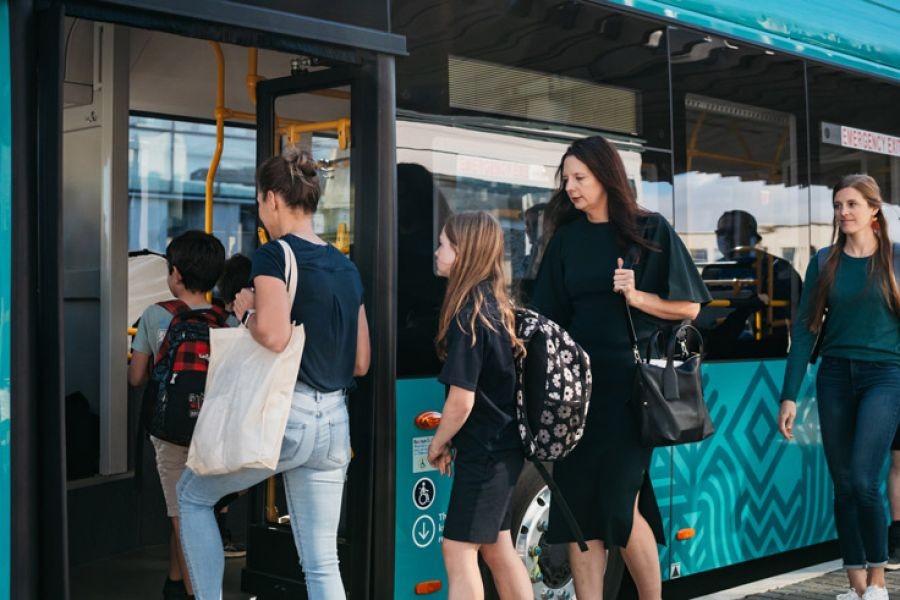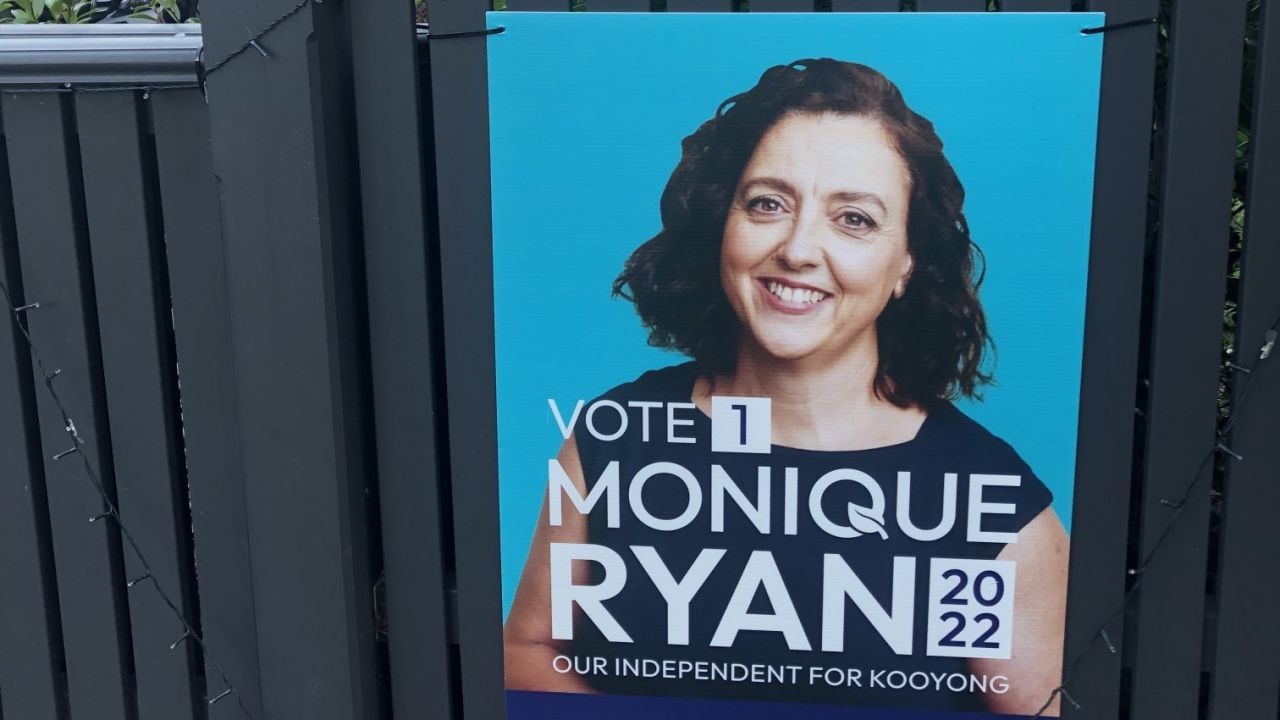In recent years, New Zealand has faced a critical decision when it comes to transportation infrastructure: Should the nation prioritize public transport over private cars? This question is not just a matter of convenience but of economic, environmental, and social importance. With urban areas growing and climate change concerns rising, the government and businesses alike are evaluating the long-term benefits of enhanced public transport systems. This article delves into the potential economic implications, explores real-world examples, and offers a comprehensive analysis of the two approaches.
Case Study: Auckland's Public Transport Overhaul
In 2015, Auckland embarked on an ambitious project to revamp its public transport network. The city had been grappling with severe congestion, with private cars dominating the roads. According to a report by Stats NZ, car ownership in Auckland was among the highest per capita in the world. The city's reliance on private vehicles led to increased air pollution and economic inefficiencies.
Problem:
Auckland’s economy was losing millions annually due to traffic congestion. Businesses faced delays in logistics, and employees struggled with long commutes, impacting productivity.
Action:
The city introduced a comprehensive public transport plan, which included expanding its bus and train networks, implementing electric buses, and introducing integrated ticketing systems. The goal was to offer a reliable, efficient alternative to private cars.
Result:
- Public transport usage increased by 35% within three years.
- Traffic congestion was reduced, saving the economy an estimated NZD 1 billion annually.
- Carbon emissions decreased by 20%.
Takeaway:
The success in Auckland underscores the viability of public transport as a sustainable solution. For other New Zealand cities, investing in similar infrastructure could yield significant economic and environmental benefits.
Comparative Analysis: Public Transport vs. Private Cars
To make an informed decision, it's crucial to analyze the pros and cons of both public transport and private car ownership.
Pros of Public Transport
- Environmental Impact: Public transport reduces carbon footprints, with each full bus potentially removing dozens of cars from the road.
- Cost Efficiency: For individuals, using public transport can be more affordable than owning, maintaining, and fueling a private car.
- Economic Growth: Improved public transport can enhance accessibility, leading to increased business opportunities and higher employment rates.
Cons of Public Transport
- Initial Investment: Upfront costs for developing infrastructure can be substantial.
- Coverage Limitations: Public transport may not reach rural or less densely populated areas effectively.
- Convenience: Public transport schedules may not align perfectly with personal itineraries.
Pros of Private Cars
- Convenience: Cars offer door-to-door service and flexibility in travel time.
- Accessibility: Private vehicles can reach remote areas where public transport does not operate.
Cons of Private Cars
- Environmental Damage: Cars contribute significantly to air pollution and carbon emissions.
- Economic Costs: The expenses related to purchasing, maintaining, and insuring a vehicle can be substantial.
- Traffic Congestion: High car ownership rates lead to increased traffic, impacting productivity and quality of life.
Debunking Common Myths
There are several misconceptions regarding public transport and car ownership in New Zealand.
Myth: "Public transport is not economically viable."
Reality: Auckland's overhaul shows that public transport can save billions in congestion-related costs and boost economic productivity.
Myth: "Public transport doesn't reduce carbon emissions significantly."
Reality: Transitioning to electric buses and expanded networks can lead to a notable decrease in emissions, as seen with Auckland's 20% reduction.
Myth: "Private cars are cheaper overall."
Reality: When factoring in costs like fuel, maintenance, and insurance, public transport often proves more economical for urban dwellers.
Conclusion: The Path Forward
Prioritizing public transport over private cars offers substantial benefits for New Zealand, ranging from economic savings and environmental improvements to enhanced social equity. While the transition requires significant investment and strategic planning, the long-term gains are undeniable. As New Zealand continues to grow, the decision to enhance public transport infrastructure could define the nation's economic and environmental landscape for decades.
If you found this analysis insightful, share your thoughts or discuss how your city could benefit from similar initiatives!
People Also Ask (FAQ)
- How does public transport impact New Zealand's economy? Improved public transport can boost productivity by reducing congestion costs and offering businesses better access to a diverse workforce.
- What are the biggest misconceptions about public transport? Many believe it's not economically viable, but data from Auckland shows significant savings and increased usage.
- What is the future of public transport in New Zealand? Emerging trends suggest a shift towards electrification and expansion, driven by environmental goals and urban growth.
Related Search Queries
- New Zealand public transport growth
- Economic impact of public transport
- Environmental benefits of public transport
- Car ownership in New Zealand
- Public transport vs. private cars
- Auckland public transport success
- Sustainable transportation in New Zealand
- Public transport investment benefits
- New Zealand car emissions
- Future of transportation in New Zealand
































angelleghelab
9 months ago